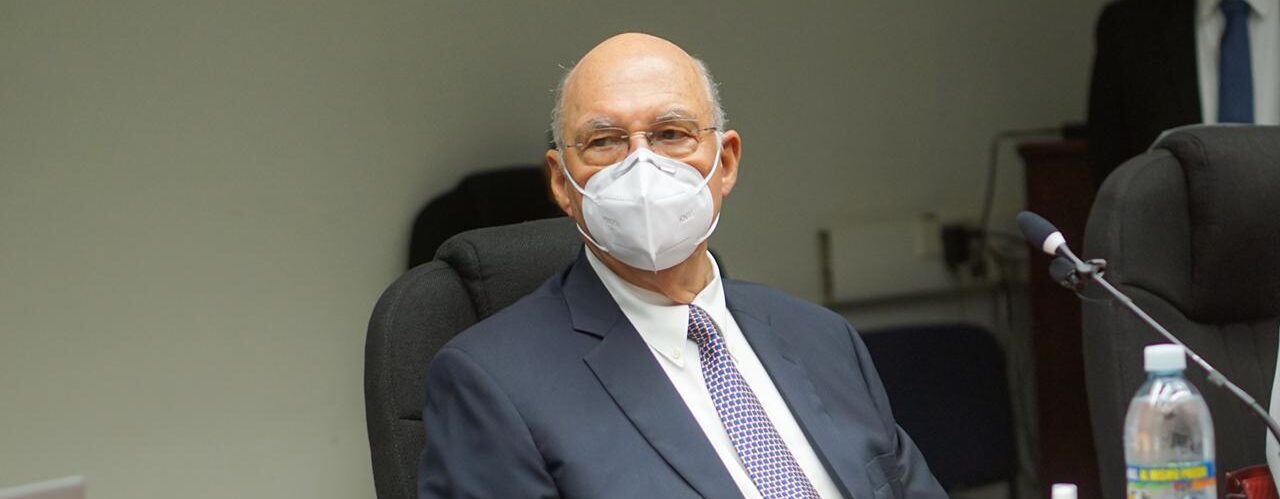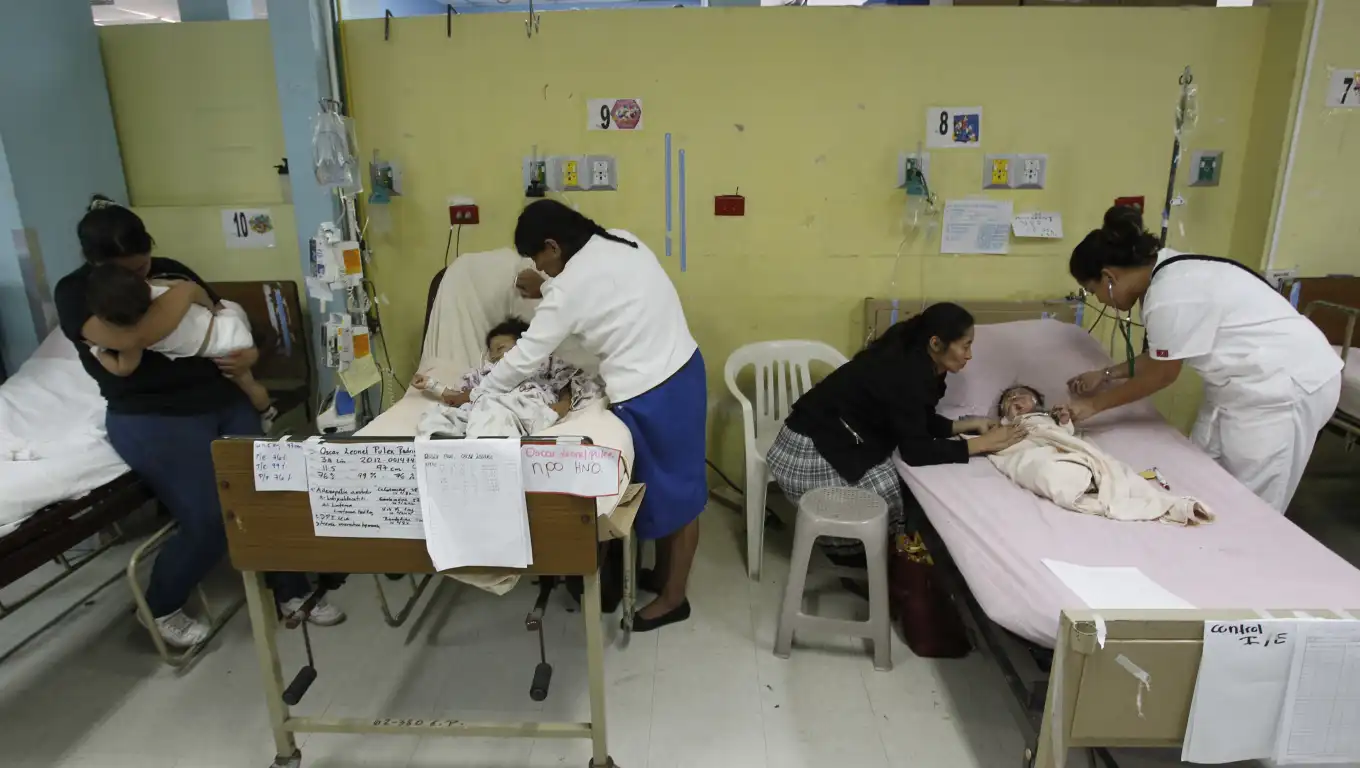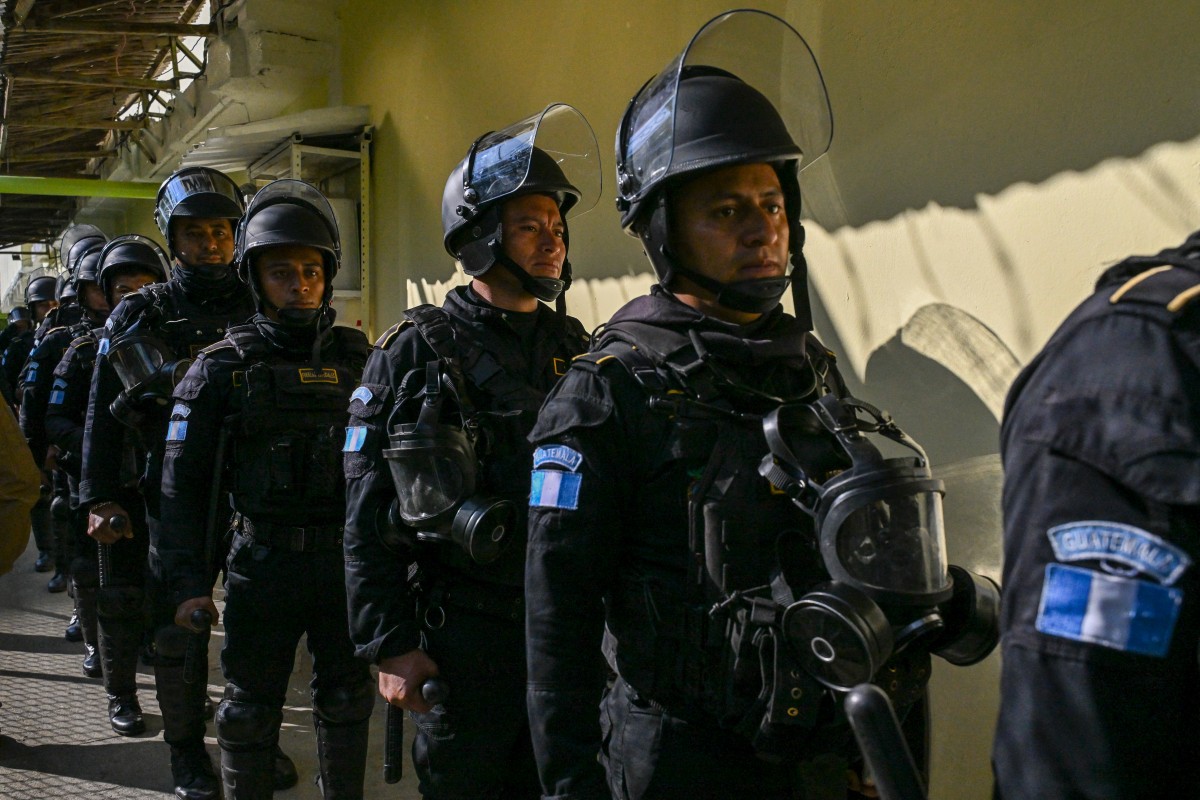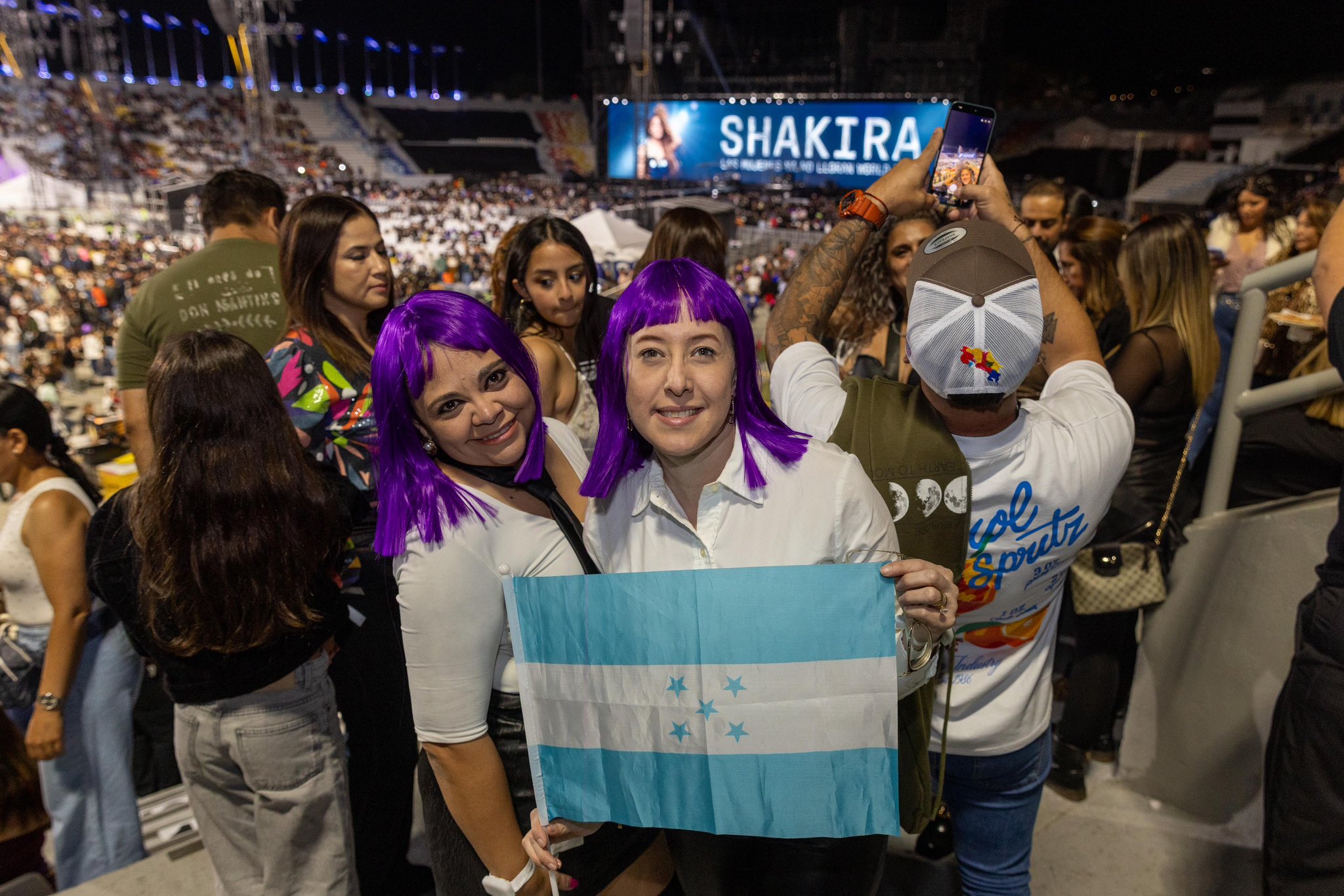Central America
El Salvador orders arrest of former president over killing of six Jesuits in civil war

AFP
A judge in El Salvador ordered the arrest Friday of former president Alfredo Cristiani for alleged links to the murder of six Jesuit priests and two co-workers by the army during the country’s the civil war, prosecutors said.
On November 16 1989, Salvadoran troops from the now banned Atlacatl battalion shot dead the Jesuits, five of them Spanish, at the Central American University in San Salvador. They also killed a woman who worked as their housekeeper and her 16-year-old daughter.
On February 25, prosecutors filed charges against Cristiani, who was president in 1989-1994, and a group of soldiers for alleged involvement in the murder.
Prosecutors said on Twitter Friday that a judge has ordered Cristiani, who is outside the country, former lawmaker Rodolfo Parker and four colonels to be put “under provisional detention.”
The former president, whose whereabouts are unknown, denied the charges and attacked Attorney General Rodolfo Delgado in a statement.
“The attorney general, in bad faith and with a clear disregard for the truth, has publicly accused me of omission and cover-up,” said Cristiani, who, in his capacity as president, was also commander-in-chief at the time of the killing. “The truth is that I never knew of the plans they had to commit those murders.”
He said that the military “never informed me or asked me for authorization because they knew that I would never have authorized Father Ellacuria or his brothers to be harmed.”
Cristiani also asserted that “at this time there are no procedural guarantees in El Salvador” because most prosecutors and judges are controlled by the president.
Of the four colonels who were ordered arrested on Friday, one is already serving a 30-year prison sentence in Spain for the crime.
The authorities also ordered that three generals and two other colonels charged in the case be given alternative measures to detention because of their age and health condition.
Another general and a colonel accused in the case have already died.
Ten Salvadoran soldiers were convicted of the killings in 1991, but an amnesty for crimes committed during the country’s 1980-1992 civil war meant they were freed in 1993.
Central America
Guatemala to Phase Out Longstanding Medical Cooperation Agreement with Cuba

Guatemala’s government announced on Tuesday that it will end this year a cooperation agreement with Cuba that has brought doctors from the Caribbean nation to work in the Central American country.
Guatemala’s Health Ministry told EFE that the program, which has been in place for nearly three decades, will be phased out progressively throughout 2026.
According to the same source, there are currently 412 Cubans in Guatemala under the agreement, including 333 physicians.
Cuban medical brigades assigned to Guatemala have traditionally been deployed to various regions of the country to provide primary health care to local communities.
“The decision follows a technical assessment aimed at strengthening the sustainability of the national workforce and consolidating the public health system’s own capacities,” the Guatemalan ministry said.
Earlier this week, lawmaker Sonia Gutiérrez, from the left-wing Winaq party, warned that the move “could be an inhumane act that threatens the health and lives of the country’s most vulnerable populations,” given the historic importance of Cuban doctors in providing medical care.
For that reason, the legislator summoned Health Ministry authorities to Congress, as permitted by law, to provide further details about the decision.
Former human rights ombudsman Jordán Rodas Andrade also weighed in on social media, recalling that “for 27 years Cuban doctors have been the backbone of health care in Guatemala’s most neglected areas,” and stressing that “ending this agreement is an act of ingratitude that leaves the most vulnerable unprotected.”
President Bernardo Arévalo’s government told EFE that, in order to guarantee continued care, it will implement a gradual replacement plan that includes hiring national personnel.
Central America
Guatemala isolates Barrio 18 leader after attacks that killed 11 police

Guatemalan authorities have placed a leader of the Barrio 18 gang in an isolated cell without الكهرباء or “privileges” after he was accused of triggering a recent wave of violence that left 11 police officers dead, the government said on Sunday.
Members of Barrio 18, which is designated as a “terrorist” organization by both the United States and Guatemala, carried out the killings on January 18 in retaliation for the government’s takeover of three prisons that had been under the control of inmates linked to the group.
In response to the attacks, President Bernardo Arévalo declared a month-long state of siege, arguing that gang members were seeking better conditions in prison or transfers to lower-security facilities.
In a message posted on X alongside photographs, Arévalo announced the isolation of Aldo Dupie, also known as “El Lobo,” one of the gang leaders who allegedly directed the uprisings.
Images released by the government show Dupie inside a small cell with narrow windows, built from metal containers, in a secured area of the Renovación I prison in southern Guatemala — the same facility where the hostage-taking riot took place.
With a shaved head and a stern expression, the gang leader appears alone and in handcuffs, according to the photographs.
Guatemala’s prison system said the “new area,” protected by metal fencing and barbed wire, will house high-risk inmates who will remain without privileges or electricity.
Sports
Shakira ignites El Salvador with near sold-out residency at Mágico González Stadium

The recently renovated Jorge “Mágico” González Stadium is rolling out the red carpet for Colombian superstar Shakira, whose string of concerts has sold out almost entirely, confirming the powerful bond between the artist and Salvadoran fans.
The scale of the experience begins as soon as attendees arrive at the venue. Outside the stadium, organizers have installed several photo spots so concertgoers can capture a souvenir from the major event.
Fans attending the Las Mujeres Ya No Lloran World Tour will witness a top-tier visual production, where technology and robotic lighting effects will shape an atmosphere that shifts dramatically from one segment of the show to another — moving from the intensity of ’90s rock to the festive explosion of urban pop.
Security and crowd management have been top priorities, with a coordinated operation aimed at ensuring smooth entry and exit, allowing spectators to focus solely on enjoying hits that have defined generations.
Beyond the music, the event marks a milestone for the country’s live-entertainment industry, positioning El Salvador as a destination capable of hosting artist residencies once reserved for cities such as Las Vegas or London.
The excitement is already visible across the capital: hotels are at full capacity and local businesses are riding the wave of enthusiasm sparked by the latest songs from the Colombian star.
-

 Central America5 days ago
Central America5 days agoGuatemala isolates Barrio 18 leader after attacks that killed 11 police
-

 International3 days ago
International3 days agoU.S. Health Department says CDC grants no longer match agency priorities
-

 International2 days ago
International2 days agoOver 50 Civil Groups Urge House to Impeach DHS Secretary Kristi Noem
-

 International3 days ago
International3 days agoICE Arrests Reach 379,000 Under Trump, Testimony Shows Amid Minnesota Shootings
-

 Central America2 days ago
Central America2 days agoGuatemala to Phase Out Longstanding Medical Cooperation Agreement with Cuba
-

 International3 days ago
International3 days agoDespite homicide drop, overall deadly violence remains high in Mexico: study
-

 International3 days ago
International3 days agoJet Fuel Crisis Hits Cuba: Flights Disrupted, Air Canada Cancels Services
-

 International3 days ago
International3 days agoSheinbaum Urges Mexico to ‘Jealously’ Guard Sovereignty at Air Force Anniversary
-

 International3 days ago
International3 days agoMEPs Approve Plan That Could Fast-Track Rejection of Some Asylum Claims
-

 International2 days ago
International2 days agoNew York’s New Archbishop Names Óscar Romero as His Favorite Saint
-

 International20 hours ago
International20 hours agoHead-of-state diplomacy key to guiding China–U.S. ties, Beijing says
-

 International3 days ago
International3 days agoMexico Rises Slightly to 141st in Global Corruption Perceptions Index 2025
-

 International21 hours ago
International21 hours agoTrump administration to end special immigration operation in Minnesota
-

 International20 hours ago
International20 hours agoFlorida judge sets 2027 trial in Trump’s $10 billion lawsuit against BBC
-

 International2 days ago
International2 days agoExclusive Tucson Neighborhood Shaken by Disappearance of Savannah Guthrie’s Mother
-

 International3 days ago
International3 days agoChile Unveils Latam-GPT to Give Latin America Its Own AI Model


























